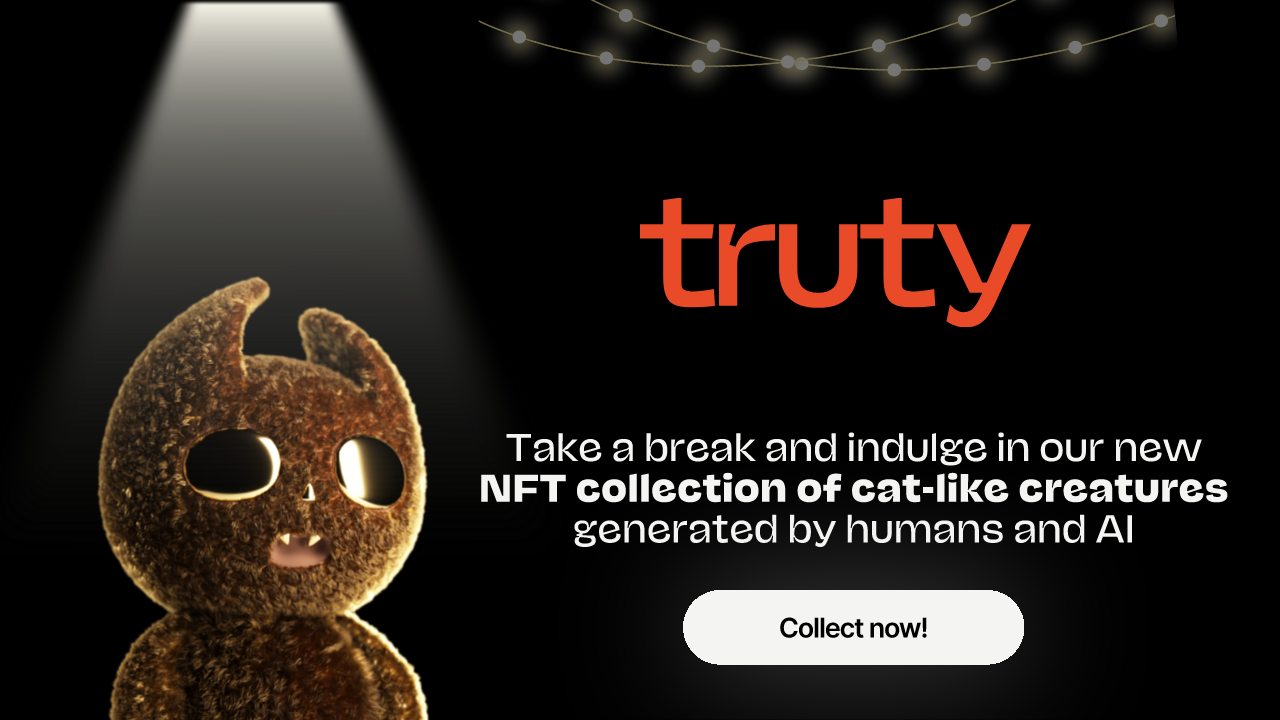Blockchain applications in the agricultural industry

By Dileep Seinberg
By 2025, the agriculture market in India is expected to be worth $24 billion, according to a report. Retail accounts for 70% of sales in India’s food and grocery market, making it the world’s sixth largest. The primary force driving the industry is India’s rapid population growth. Rising incomes in both rural and urban areas have contributed to a greater demand for agricultural goods across the country. Market growth is also spurred by the introduction of new e-farming software and the growing popularity of cutting-edge methods such as blockchain, artificial intelligence (AI), GIS, and drones for aerial surveillance and remote sensing.
Actors in the agricultural ecosystem are realizing how cutting-edge technology, such as blockchain’s enhanced data management capabilities, can improve supply chain efficiency, reduce transaction friction, promote stakeholder trust, simplify compliance, and lower the cost of contract execution. . Agricultural businesses, governments, farmers and food consumers will all benefit from blockchain. The agricultural industry needs the blockchain’s potential to improve food safety and sustainability while reducing transaction costs and time, streamlining logistics and processes, increasing tracking and traceability, and reducing transaction costs.
This article discusses some of the significant use cases of blockchain technology in agriculture.
Transparent transaction management
With the help of blockchain, agricultural businesses, including small farms, can keep track of their transactions and legal obligations to customers, suppliers and other stakeholders. This technology helps monitor the relationship between commodity buyer and farmer and streamline distribution channels. This reduces fraud, improves transparency and helps ensure satisfaction in the supply chain.
Efficient financing
Blockchain technology can improve farmers’ and buyers’ inefficient financial transactions. It can speed up settlement for farmers, buyers and financial institutions by enabling real-time payment on delivery. In this way, farmers receive immediate payment, and buyers save money and time at the same time as competition in the industry increases. Furthermore, increased settlement efficiency, trust and transparency can reduce risk and give the banks access to new funding sources.
Improved financial support for developing countries
Blockchain also has enormous potential to create and improve financial access in developing countries. Access to affordable financing continues to be a major obstacle for many of these nations’ farmers. Mobile banking paves the way for new forms of financing such as microfinance, but the prevailing paradigm is characterized by many low-value, high-risk transactions due to a lack of transparency. Blockchain can and is already helping banks and farmers solve this problem.
Effective Smart Farm contracts
The idea of ”smart farms” can be introduced as a result of the integration of all these different blockchain-based applications in agriculture. These sustainable farming methods improve the quality of the environment, integrate technology with biological cycle controls and make farming profitable. Smart farming therefore involves collecting and sharing large amounts of data on farming methods, weather and animal health. Smart farming uses many digital tools and remote sensors to get the information it needs in advance, such as fertilizer, soil mapping, crop yield and the machinery used. Sensors are also used in smart farming to detect animal health problems and upcoming reproductive events. This type of livestock data is collected by keeping an eye on the movements of the animals as well as their body temperature, pulse rate and tissue resistivity. In addition, GPS is used to find out where they are. Some companies are investing heavily in establishing a smart agricultural supply chain in rural areas of the country.
Agricultural insurance: Safety net for farmers
Index-based insurance was created as an alternative or supplement to traditional agricultural insurance. In this case, the payout is based on a measurable index, such as the amount of rain at a nearby weather station, rather than an actual loss.
Index insurance can benefit from blockchain technology in two ways. First, a smart contract can trigger timely and automated payments based on weather data. Second, a smart oracle can automatically integrate weather data and other relevant information, such as plant growth data or farm machinery data, to reduce basis risk and streamline index determination and payout.
Basic registers
Tracking land ownership is another use for blockchain technology, particularly in developing countries. Most countries in South America, Africa and Southeast Asia are unregistered. These nations often struggle with land title fraud, putting the poor, who hold most of their wealth in land, at risk. A growing number of nations in these regions are considering using blockchain technology to create a secure land title tracking system.
Minimize human error
Blockchain can also reduce agricultural losses from human error. Blockchain technology can automate many tasks, and reduce resource wastage. Blockchain can also provide farmers with details of contaminated produce throughout the supply chain, including the types of crops involved and the location of the crop’s origin. The farmer can reduce potential losses by digging deeper into this data set.
Monitoring of data
Data monitoring is undoubtedly the most prominent use of blockchain. It enables real-time data collection for farmers. To track crop growth, harvesting and yield, for example, wireless sensors can be integrated into fields. The data is then stored on the blockchain. They can use it to maximize the “success rate” of their crops and plan the area more efficiently. This information would ultimately be of immeasurable value to the farmer.
Blockchain technology can increase trust, streamline the sharing of information in the supply chain and lower transaction costs in agriculture. Blockchain could transform the agriculture industry, but there are still many roadblocks to overcome. The agricultural industry is ready for change, and blockchain technology could be a game-changer. The potential benefits of blockchain technology for conventional farming methods remain to be seen.
The author is the founder, ThinkChain, AgroChain
Follow us on TwitterFacebook, LinkedIn

























